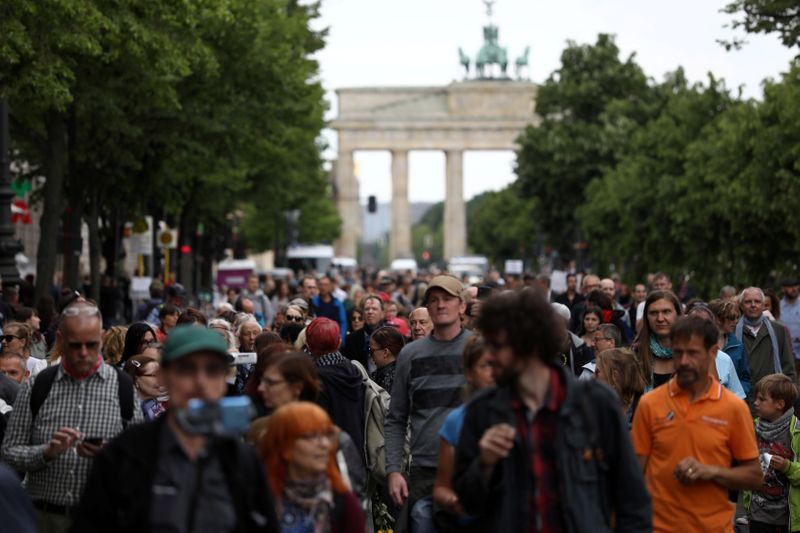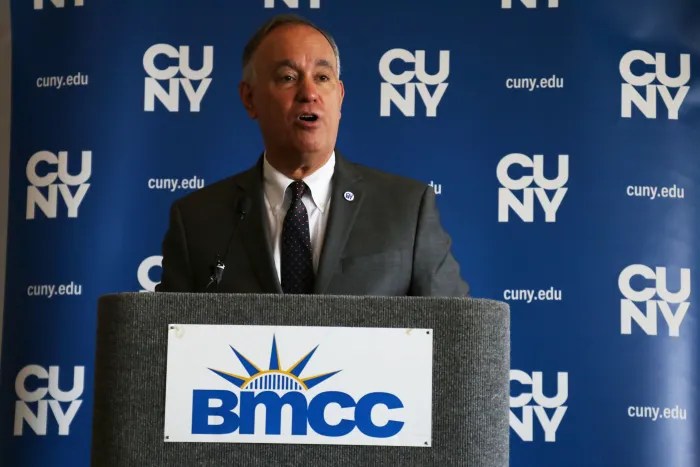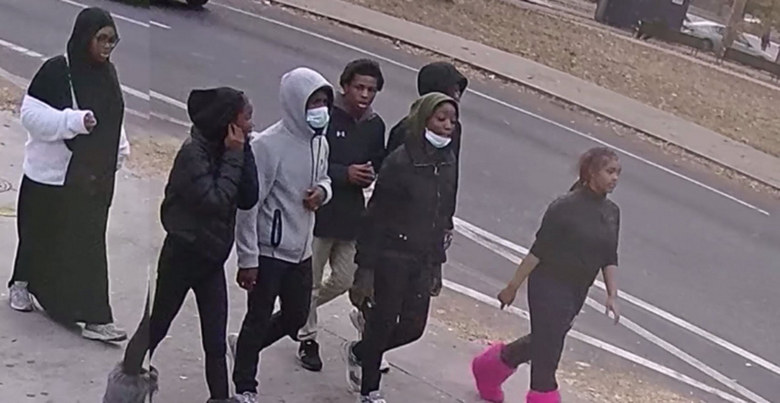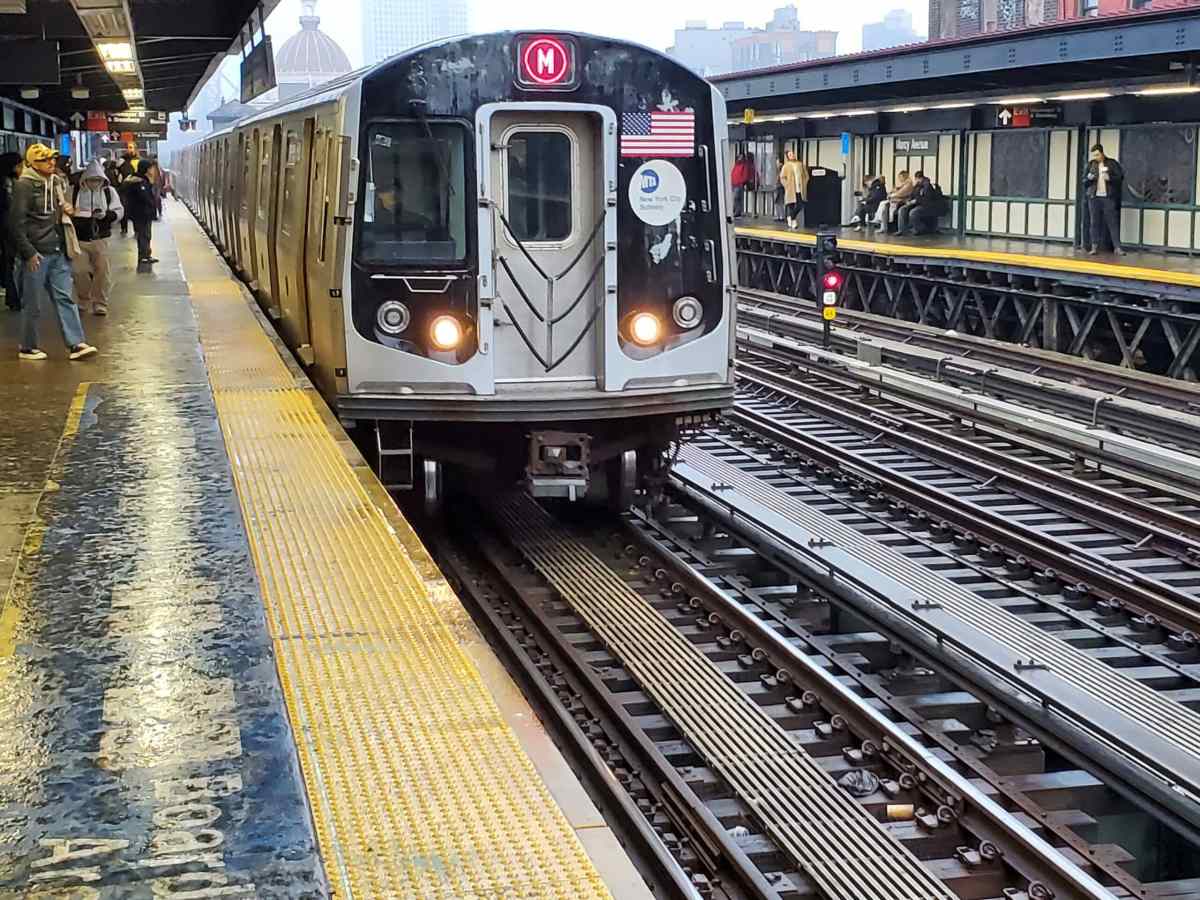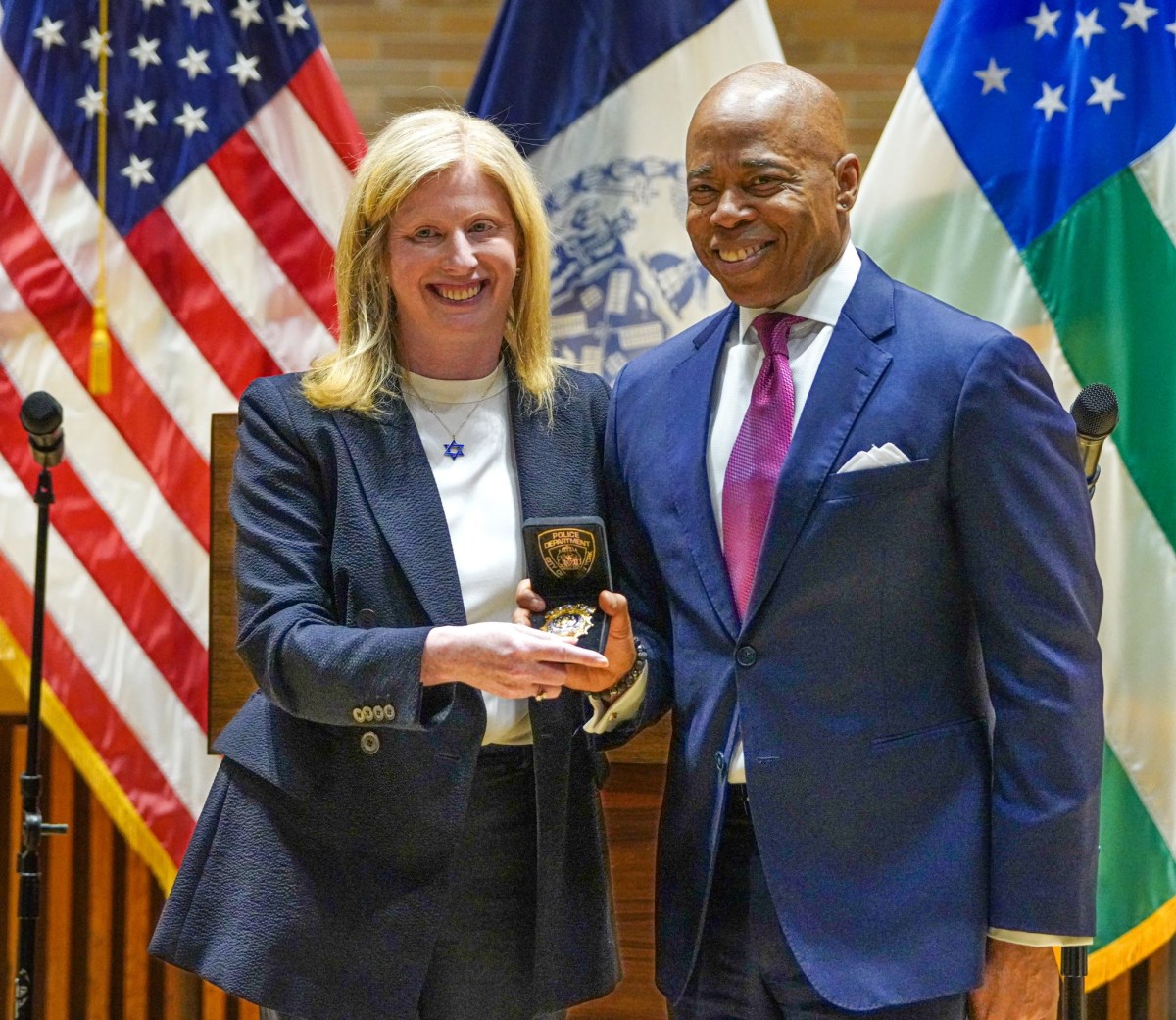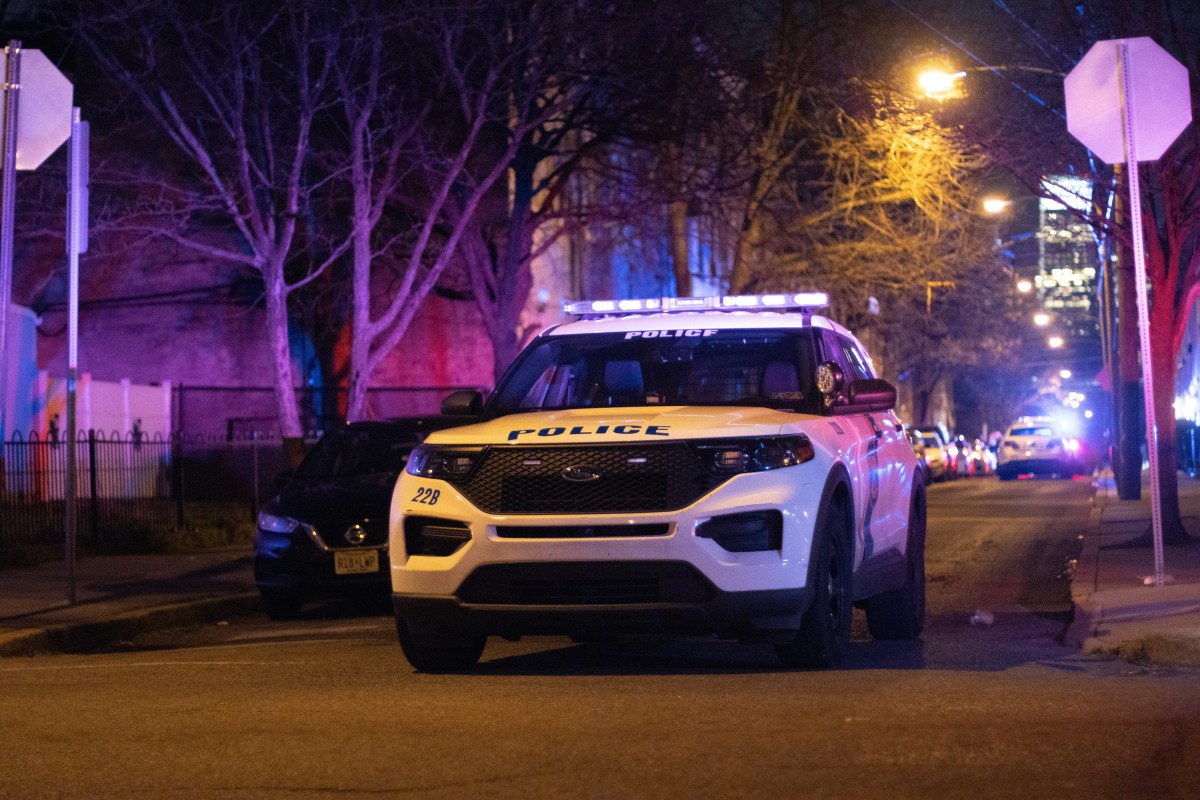BERLIN (Reuters) – Germany’s central and regional governments sparred on Monday over when and how far to ease social-distancing rules, with allies of Chancellor Angela Merkel warning that scrapping them risks a new wave of coronavirus infections.
The row erupted after Bodo Ramelow, premier of Thuringia state, said on Saturday he would scrap rules on mask-wearing and distancing, relying instead on local measures that would be applied against any localised outbreaks. Germany’s 16 federal states set most rules affecting day-to-day life in the country.
Though his proposal echoes federal government policy, which envisages gradually reopening the economy while responding fast to outbreaks with local lockdowns and contact-tracing, officials fear muddying the message could undermine public discipline.
Germany has seen protests calling for a more rapid lifting of coronavirus lockdown restrictions.
“Under no circumstances should the impression be given that the pandemic is over,” Health Minister Jens Spahn said on Twitter, adding that social distancing, hygiene and mask-wearing make it harder for the virus to spread.
Numbers of new virus infections have fallen sharply in Germany over the past month. Shops, bars, restaurants, museums and churches have reopened, though social-distancing rules remain in place and many Germans continue to work from home.
A draft document prepared by Helge Braun, head of Merkel’s office, and seen by Reuters recommends extending social distancing by another month until July 5.
Under the extension, private gatherings of up to 10 people could be held, though the document includes a recommendation to limit the number of different people with whom one has contact. Gatherings are currently limited to two households.
Other states at odds with Merkel’s government have been Saxony, which is leaning toward neighbour Thuringia’s model, and Bavaria which rejects the idea of a broad reopening.
State-owned railway operator Deutsche Bahn said on Monday it would start increasing long-distance travel again. It would warn passengers by app when their train was more than half full and let them rebook to a less full train.
Authorities know they must tread a fine line between reopening society and keeping Germans safe. In financial centre Frankfurt, a single church service on May 10 caused at least 107 new cases, they said.
(Reporting by Thomas Escritt and Markus Wacket; Editing by Michelle Martin, Gareth Jones and Mark Heinrich)

